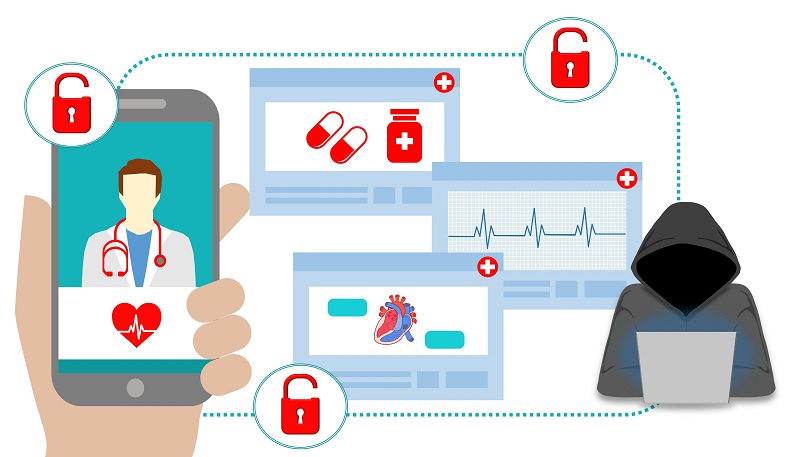
What is a data breach?
A data breach is an incident in which sensitive, confidential or otherwise protected data is copied, transmitted, viewed, stolen or used by an individual unauthorized to do so. It doesn’t always mean that the information has been compromised; it may just mean that someone other than the person it was intended for has seen it.
Data breaches can be caused by a variety of sources, for example:
• Theft and loss of laptops and smartphones
• Hacking incidents (such as ransomware attacks)
• Poorly secured websites
Information that can be stolen in a data breach can include:
• Social Security number
• Passwords, credit card numbers, and other financial information
• Driver’s license number
• Medical information
Suing Over a Violation of HIPAA
You can file a lawsuit for medical data breach if you or your minor child are involved in a HIPAA-covered data breach and suffer actual harm, loss or damages.
HIPAA Privacy Rules are a subset of the overall act, and they set a national standard that protects your:
• Medical records
• Personal medical information
• Private health information (PHI)
• Health plans
• Healthcare electronic or financial transactions
The HIPAA Privacy Rules determine the ways in which your health information should be disclosed to insurance companies, businesses associates, healthcare clearinghouses, and other medical professionals.
A HIPAA violation has occurred if your health information is disclosed in a way that does not follow these rules or is done so without your consent. HIPAA rules only apply to certain covered entities, so make sure the person or business that violated these rules is an entity subject to HIPAA rules before suing.
Harm caused by the HIPAA violation must be proven.
Before an attorney can file a lawsuit for a HIPAA violation, you need to submit a complaint. You can also look for an active class action lawsuit against the business or individual. Showing that harm has occurred as a result of the violation can be difficult. You need to prove that the violation has negatively impacted your life or job, simply proving that the information was shared against HIPAA rules is not enough.
It may take time and money to reach a resolution, but a lawsuit can restore your right to medical privacy and fix the damage caused by the violation. A law firm that specializes in privacy laws and cases of medical negligence can advise you on the best way to proceed after assessing your situation.
To file a lawsuit against a HIPAA-covered entity after a medical data breach, you must provide proof that the covered entity violated HIPAA rules, resulting in your damages.
If you want to file a lawsuit against a HIPAA-covered entity after a medical data breach, you must provide proof that the covered entity violated HIPAA rules, resulting in your damages.
The law requires covered entities to implement reasonable safeguards to protect patient information and comply with the law’s privacy and security requirements. For example, they must:
• Implement policies and procedures for protecting electronic protected health information (ePHI)
• Conduct periodic risk assessments to identify potential risks and vulnerabilities relating to theft or loss of ePHI
• Establish appropriate access controls on any device containing ePHI
• Create an incident response plan detailing how they will respond if there is an unauthorized access or breach of ePHI
If you file a lawsuit for medical data breach and win, you may receive compensation for actual damages such as out-of-pocket expenses and mental anguish.
Actual damages may include out of pocket expenses such as credit monitoring services, legal fees, identity theft losses, and mental anguish.
For example: If your doctor’s office was hacked in January 2018 and your personal health information (PHI) was stolen by hackers who accessed it through the facility’s computer system, you may be entitled to compensation if the PHI was used to commit identity theft against you or someone else whose information was stolen in this data breach.
A medical data breach attorney can help guide you through filing a HIPAA lawsuit.
A medical data breach lawyer can help you determine whether you have a case, what laws apply to your case, and whether you have grounds for filing a HIPAA lawsuit. A legal professional will be able to guide you through the process of filing a lawsuit against hospitals and other healthcare organizations that fail to protect patient data.
It’s important to realize that just because there was an incident where sensitive medical information was exposed doesn’t mean that there is necessarily something wrong with the way these firms handled their security protocols – unless they are found negligent or at fault in some way.
If you were the victim of a data breach or have received a HIPAA breach notification, contact Anderson + Wanca at (855) 827-2329 or use our contact form to receive a free consultation from our experienced data security attorneys.

